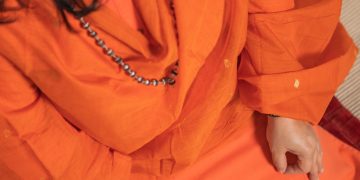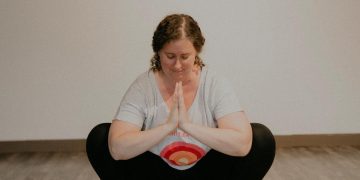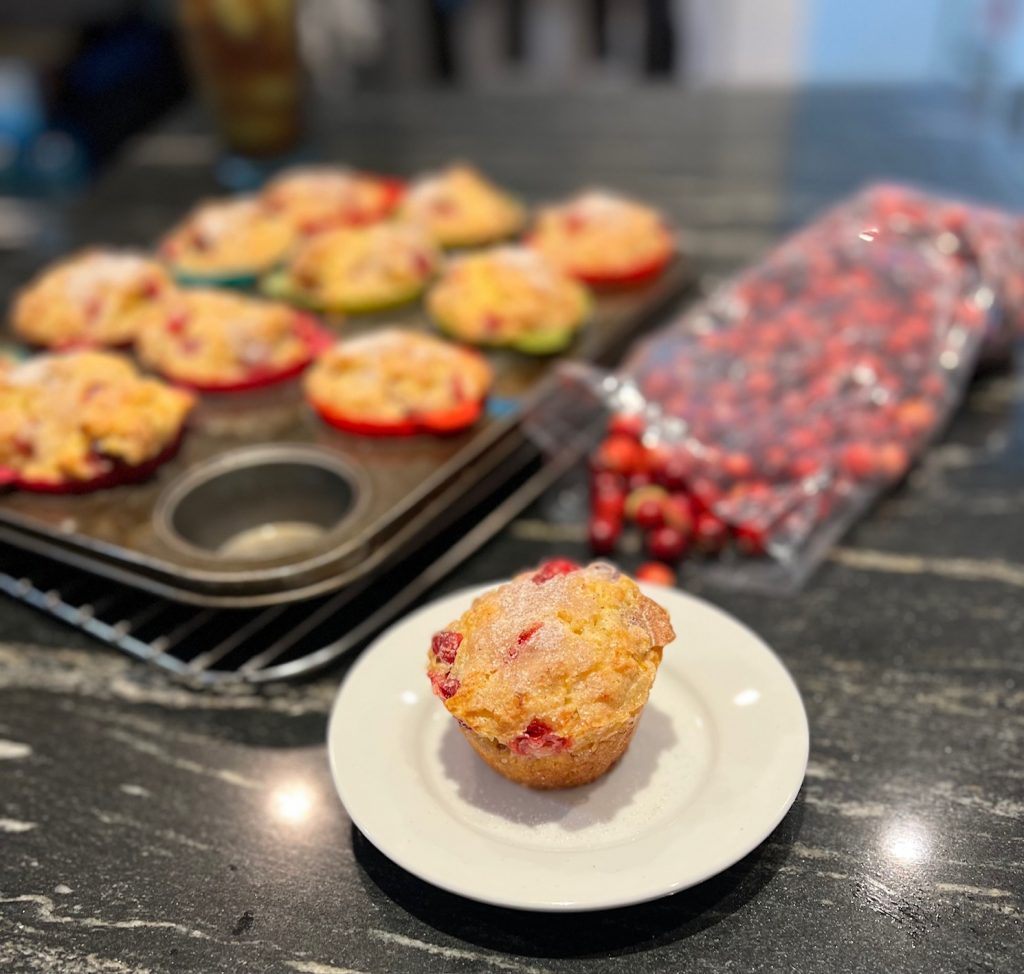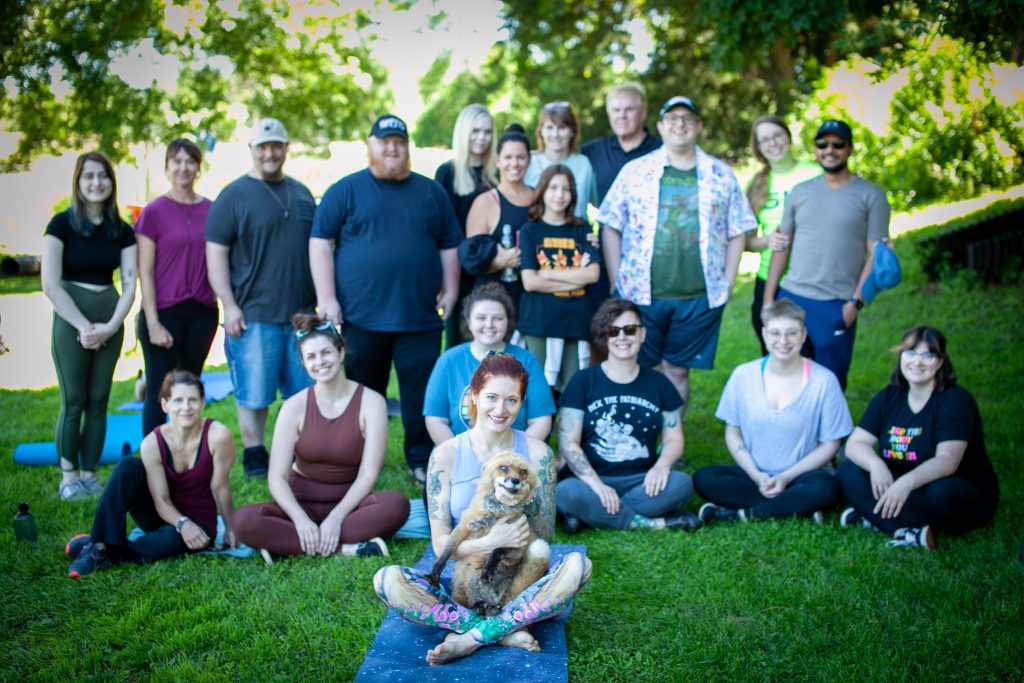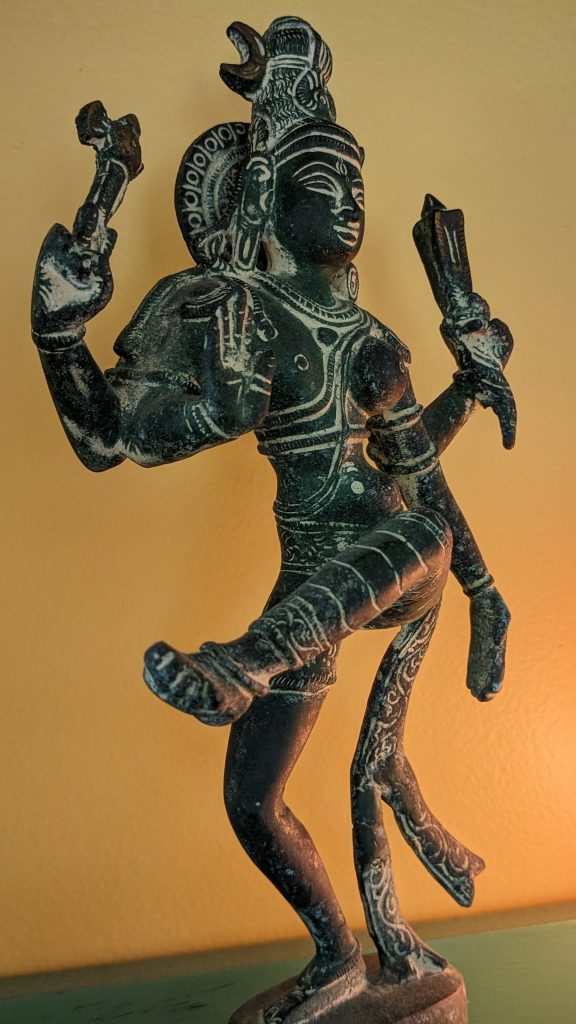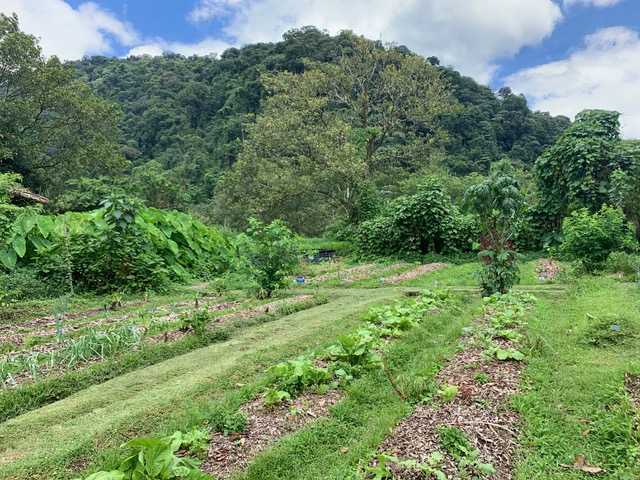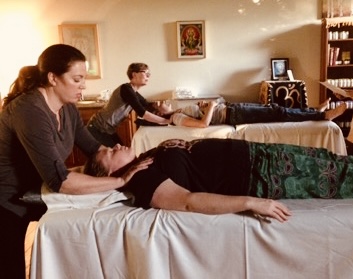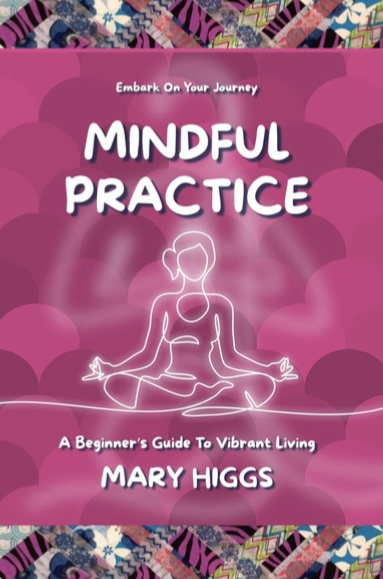As the weather turns colder, dryer, and darker here in Minnesota, I feel it reflected in my reactions. I’m a little more nervous but I don’t know why; I’m anxious about work but without a cause. For Ayurvedic practitioners, they recognize this as a Vata imbalance:
“The light, rough, cold and dry qualities are depleting to the system, lowering our immunity and resistance to illness. This is why the onset of fall and winter can trigger many seasonal imbalances, such as allergies, colds, fatigue and digestive sensitivities.” (Kerala Ayurveda)
There are many ways to combat this imbalance lying outside of Western medicine prescriptions. Feeling your best starts by understanding your dosha type. The three main types include Kapha, Pitta, and Vata, and everyone falls into some combination of earth-fire-air with one usually presenting itself as the dominant force in your mind-body connection.
Managing a Vata Imbalance
- Stay warm
I know, I know, this might be an obvious one. But once I started to look around at the frozen elements around me, it was enlightening. Take care to wrap up in scarves and extra layers when outside and at your desk. Avoid iced coffee (a huge one for me!) and indulge in hot beverages, from tea to coffee. Same with foods. I’d pack cold salads and vegetables and feel dissatisfied. Limit raw, cold foods. Make extra leftovers so you can prepare hot soups, pasta, and other warming food quickly and without too much hassle. - Meditate
It’s like turning on your internal furnace. I use Insight Timer for their guided meditations (look me up as ‘megtalla’).

- Go out
When I’m down, I shut down. I don’t want to talk to anyone, I don’t want to go anywhere or do anything. I just want to curl up in bed with a book or Netflix. There’s nothing wrong with taking this kind of day occasionally. But when it’s stopping you from engaging with friends and family and the outside world? It’s time to shake it off. Spending time with the ones we love is another facet of warmth; opening ourselves up to interaction and receiving their warmth brightens our own lives.
- Practice yoga daily
Even if it isn’t feasible to make it to class everyday, start your day with a few sun salutations. Lift one leg into tree pose as you brush your teeth. End your day in supta baddha konasana, legs up the wall, or other restorative poses. Take time for you, and use the asanas to strengthen the connection between body and mind. - Read
Keeping your mind occupied is a great way to combat fall freakout feelings. Taking a lot of “you” time is an Ayurvedic prescription ideal to fill via reading (or podcasts, or audiobooks, something engaging you besides doom scrolling through social apps).
In addition to these Vata-specific countering things, I’ve also given up caffeine completely and am gradually decreasing white sugar and flour in my diet. These things, in addition to making me *feel* more alert and less groggy, also aggravate Vata. Dropping them is another way to combat feeling logy in the fall.
Self-Care is You-Care
While the pandemic continues to sow uncertainty in its third year, that uncertainty can show up in our lives in different ways. Maybe we internalize it, maybe our decision-making becomes a little more chaotic. While we can’t always control what happens around us, we can control our responses.
Learning more about your primary doshas can help you through many of the imbalances in life. Understanding why you feel the way you do is step one. And I would argue a good meal — and a few good books — make an excellent step two.
Minnnesconsin Yoga offers encouraging, adaptable, alignment-focused yoga classes and workshops in Minnesota and Wisconsin. Lead instructor Meghan Hatalla pulls together elements of different disciplines, aiming to enhance somatic awareness in the body. Meghan completed her 200 hour yoga teacher certification with Maria Toso of Saint Paul Yoga Center, as well as furthered her knowledge with coursework from Jason Crandell, CorePower Yoga (power yoga extensions), and Yoga North (somayoga modalities).


